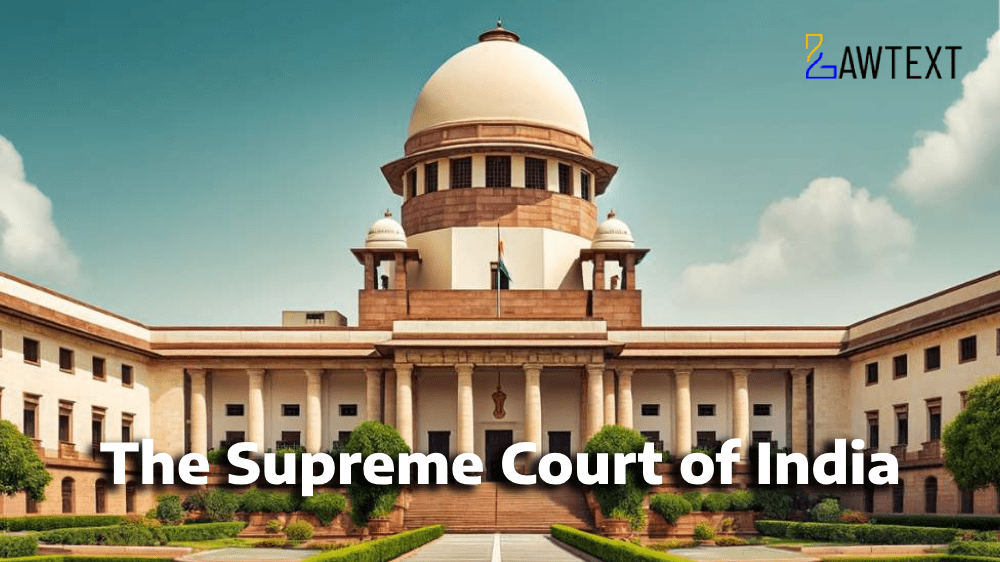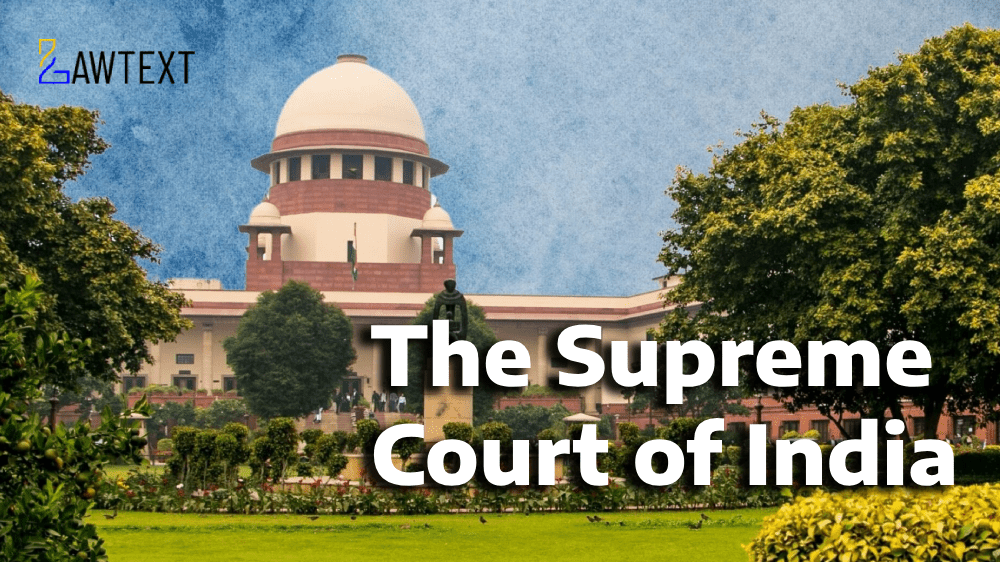Case Note & Summary
The Supreme Court addressed the appellant Rahul Kumar Yadav's claim of juvenility, which had been raised at the earliest stage but rejected without proper inquiry by the lower courts. Convicted under Sections 302 (murder) and 394 (robbery) of the Indian Penal Code and Section 27(2) of the Arms Act, Yadav’s death sentence had been commuted to life imprisonment by the Patna High Court. Yadav claimed he was a minor at the time of the crime, and the Supreme Court held that his plea of juvenility, even though belated, warranted a fresh inquiry. The Court directed the Additional Sessions Judge, Darbhanga, to conduct a proper investigation into Yadav’s age and submit a report within 12 weeks. The Court reiterated that juvenility claims can be raised at any stage and must be adjudicated properly under the Juvenile Justice Act, 2015.
1. Introduction
Criminal Appeal No. 177 of 2018 was filed by Rahul Kumar Yadav, challenging the Patna High Court's judgments dated 30th April 2014 and 29th June 2017, where the death sentence was commuted to life imprisonment.2. Background of Conviction
Yadav and co-accused were tried by the First Additional Sessions Judge, Darbhanga, for offenses under Sections 302 and 394 of IPC and Section 27(2) of the Arms Act. Both were sentenced to death by the trial court on 9th April 2013.3. High Court Appeal and Split Judgment
The accused appealed the conviction. The Patna High Court’s Division Bench gave a split opinion: one judge supported the conviction while the other gave the benefit of doubt, leading to a reference to a third judge, who upheld the conviction but commuted the death sentence to life imprisonment.4. Plea of Juvenility
Yadav had raised the plea of juvenility at the trial stage, based on his horoscope, and later, a birth certificate. His plea was rejected by both the Chief Judicial Magistrate and the trial court on technical grounds.5. Appeal to the Supreme Court on Juvenility
In the Supreme Court, the appellant argued that his juvenility plea was dismissed without proper inquiry. The defense pointed out that the plea of juvenility should be considered even at the appellate stage as per the Juvenile Justice Act.6. State's Objection
The State, represented by Shri Azmat Hayat Amanullah, opposed the plea, arguing that it was raised too late.7. Court's Consideration
The Supreme Court acknowledged the appellant’s claim and examined the guidelines under the Juvenile Justice (Care and Protection) Act, 2015. It noted that the plea of juvenility can be raised at any stage.8-12. Legal Precedents on Juvenility
The Court cited Abuzar Hossain vs. State of West Bengal and Vinod Katara v. State of Uttar Pradesh, emphasizing that juvenility claims require thorough inquiry and cannot be dismissed on procedural grounds.13-18. Court's Directions for Inquiry
The Court directed the first Additional Sessions Judge, Darbhanga, to conduct an age determination inquiry within 12 weeks, using all available documents and, if necessary, medical tests like an ossification test.19-22. Procedure and Timeline
The Court set a timeline for the inquiry and scheduled the case for hearing in the third week of August 2024. Acts and Sections Discussed:Indian Penal Code, 1860
Section 302: Punishment for murder Section 394: Voluntarily causing hurt during robberyArms Act, 1959
Section 27(2): Punishment for using arms to commit murderJuvenile Justice (Care and Protection of Children) Act, 2000 & 2015
Section 7-A: Procedure for determining juvenility Section 9(2): Raising a claim of juvenility at any stageCode of Criminal Procedure, 1973
Section 366: Reference to High Court for confirmation of death sentences Ratio Decidendi:The application of the Juvenile Justice (Care and Protection of Children) Act, which allows for the plea of juvenility to be raised at any stage, even after final disposal of the case. The Supreme Court emphasized the importance of conducting a proper inquiry into the claim of juvenility, especially when there is a prima facie case, as ignoring such claims can lead to serious miscarriage of justice, particularly for juveniles treated as adults in the criminal justice system.
Subject:Criminal Law, Juvenile Justice, Death Penalty, Juvenile Plea
Tags:Juvenile Justice Act, Indian Penal Code, Conviction, Death Penalty, Juvenility Claim, Supreme Court of India, Appeal, Life Imprisonment, Criminal Appeal
Issue of Consideration: RAHUL KUMAR YADAV VERSUS THE STATE OF BIHAR
Premium Content
The Issue of Consideration is only available to subscribed members.
Subscribe Now to access critical case issues





